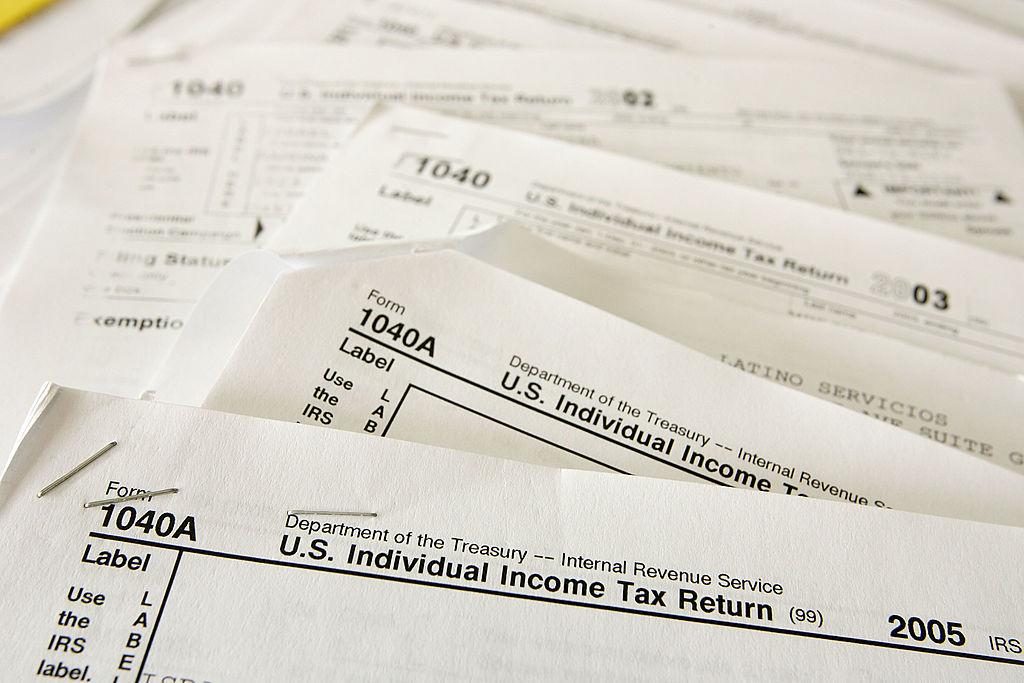The Internal Revenue Service (IRS) on Friday issued an alert to millions of taxpayers who filed for a an extension earlier this year that their filing deadline is in mid-October.
“To avoid a possible late filing penalty, those who requested an extension to file their 2022 tax return should file their Form 1040 on or before Monday, Oct. 16,” the agency wrote on Sept. 29. “IRS Free File is available through Oct. 16 and lets qualified taxpayers prepare and file federal income tax returns online using guided tax preparation software,” it added.





